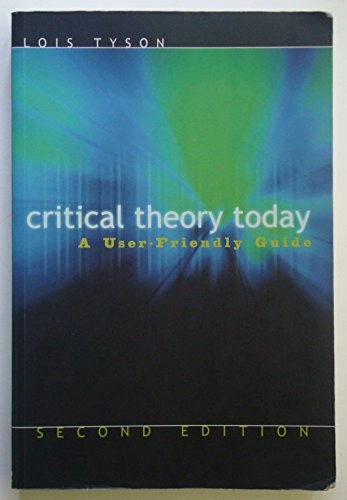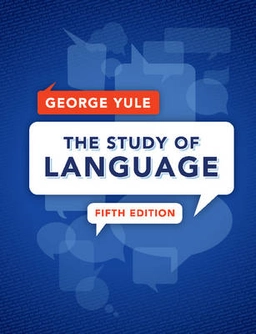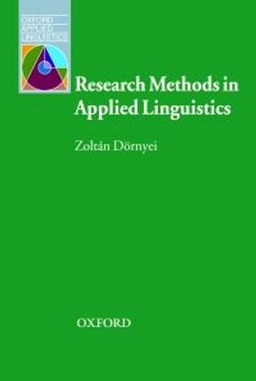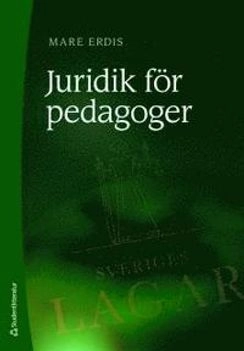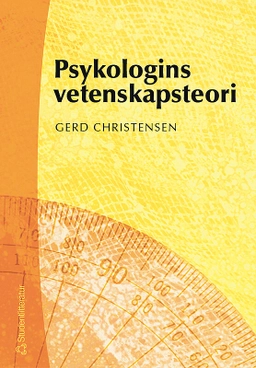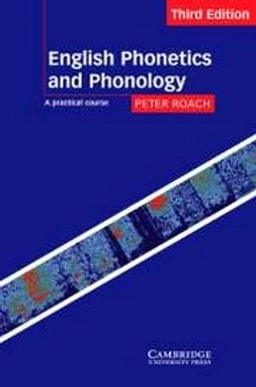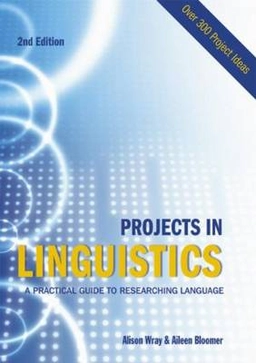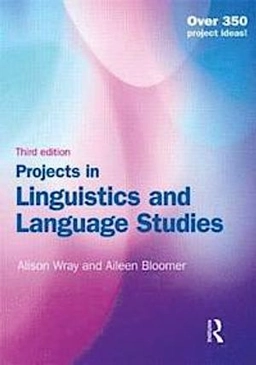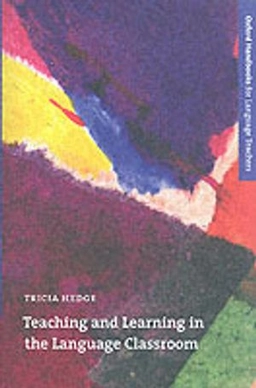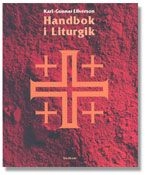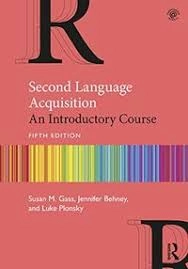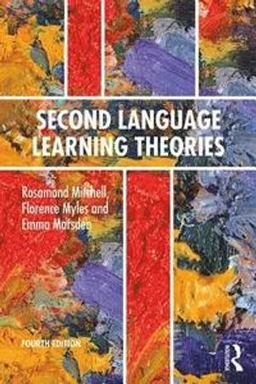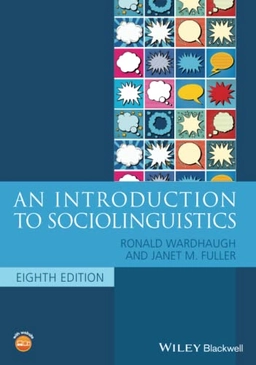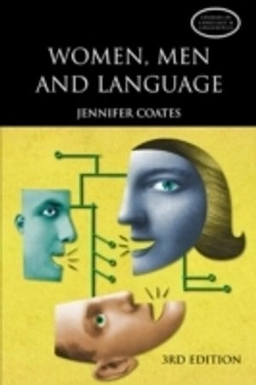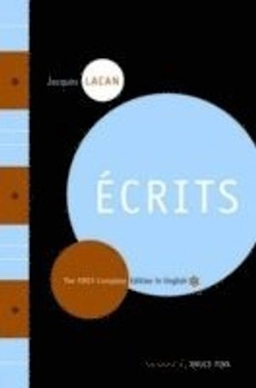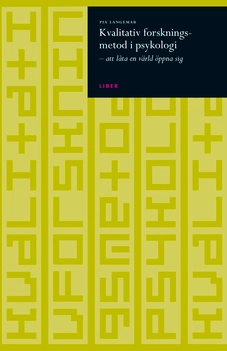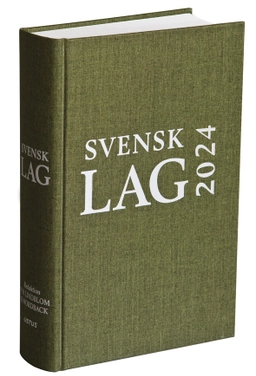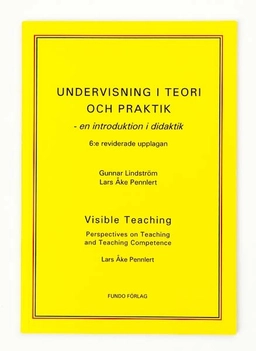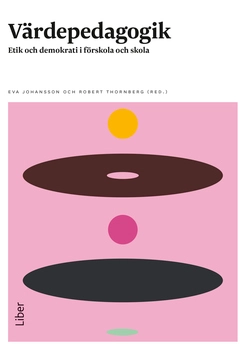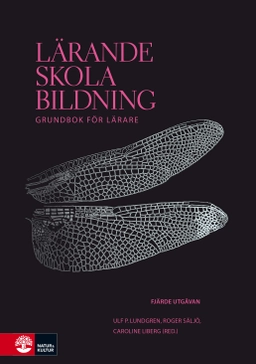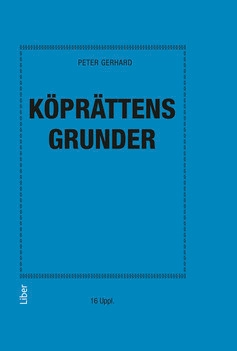This new edition of the classic guide offers a thorough and accessible introduction to contemporary critical theory. It provides in-depth coverage of the most common approaches to literary analysis today: feminism, psychoanalysis, Marxism, reader-response theory, new criticism, structuralism and semiotics, deconstruction, new historicism, cultural criticism, lesbian/gay/queer theory, African-American criticism, and postcolonial criticism. The chapters provide an extended explanation of each theory, using examples from everyday life, popular culture, and literary texts; a list of specific questions critics who use that theory ask about literary texts; an interpretation of F. Scott Fitzgerald's The Great Gatsby through the lens of each theory; a list of questions for further practice to guide readers in applying each theory to different literary works; and a bibliography of primary and secondary works for further reading. This book can be used as the only text in a course or as a precursor to the study of primary theoretical works.It motivates readers by showing them what critical theory can offer in terms of their practical understanding of literary texts and in terms of their personal understanding of themselves and the world in which they live. Both engaging and rigorous, it is a "how-to" book for undergraduate and graduate students new to critical theory and for college professors who want to broaden their repertoire of critical approaches to literature.
Åtkomstkoder och digitalt tilläggsmaterial garanteras inte med begagnade böcker
